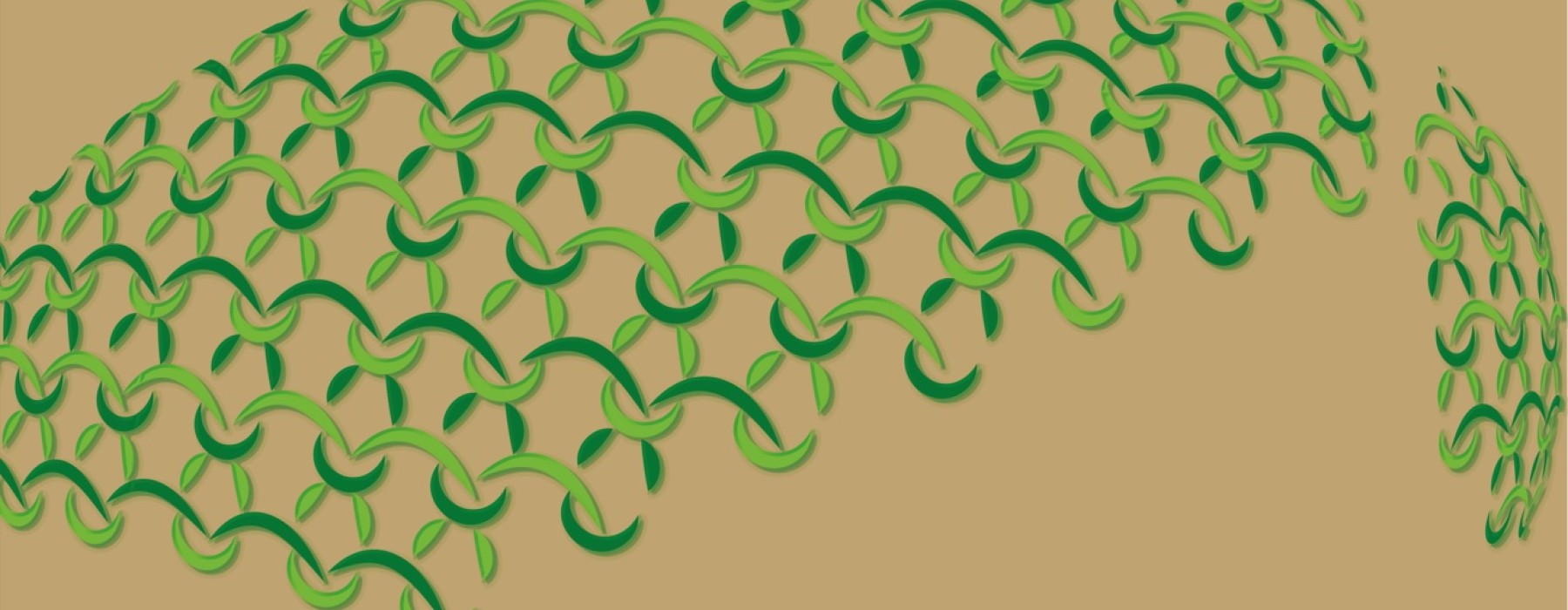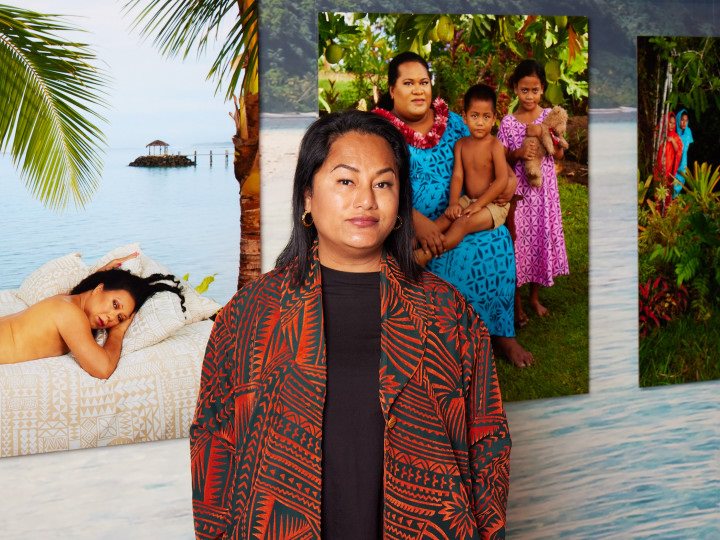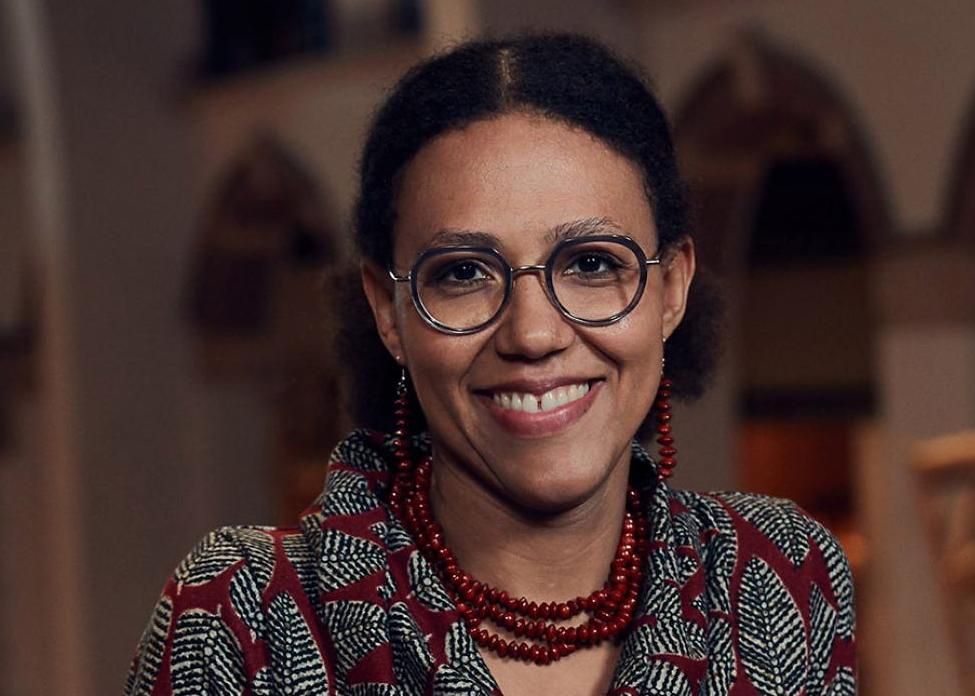
Going Native (2022) is a video work by interdisciplinary artist Yuki Kihara, who is a research fellowship at the Nationaal Museum van Wereldculturen since 2017. In her research, Kihara investigates the NMVW’s collection to generate provocations around issues of cross-cultural exchange and representation. Going Native is presented at the Museum Volkenkunde as part of the Taking Care Project. The first iteration of the ‘Going Native’ (2018/2022) series follows the members of Dutch-based cultural groups who feature as protagonists. Each of these participants is committed to the care and perpetuation of Indigenous cultures from Hawai’i, Australia, and Aotearoa, New Zealand, for which they have been offered a blessing to perform songs and dances based on their respective engagement with the traditional owners.


